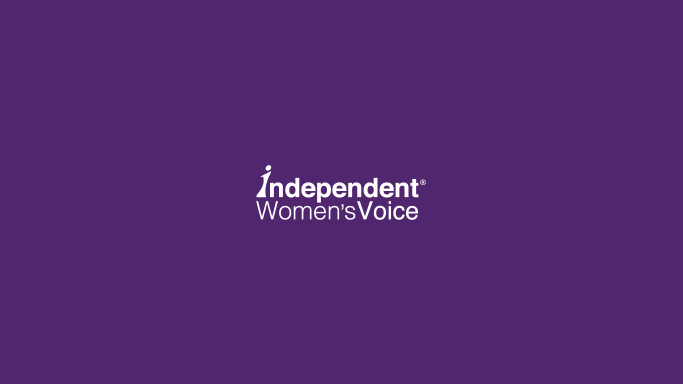
February 25, 2021
Dear Members of Congress,
On behalf of Independent Women’s Voice, I write to urge opposition to the expansion of health insurance premium tax credits in the COVID relief bill.
Background
The Affordable Care Act established premium tax credits, first available in 2014, through the law’s exchanges. The advanceable tax credits are only available to those with qualifying incomes, and they work on an income-tested sliding scale.
This imperfect mechanism admittedly left many Americans out, including some who earn too little to qualify for the tax credits and many who earn too much. Importantly, the premium tax credit structure did nothing to actually reduce the costs of health care or insurance premiums, which have continued to increase since the law’s implementation.
The tax credits do, however, shift costs away from some Americans and on to others. Importantly, the tax credits do not go out to individuals but instead are directed to insurance companies on behalf of those who enroll.
Present Proposal
An expansion of the tax credit structure as proposed in the COVID relief bill would double down on this misguided approach. By subsidizing the premiums of people with higher incomes, the expansion would:
- Discourage employers from offering on-the-job health insurance benefits, and shift more people into ACA plans with narrower networks (and inferior access to doctors and hospitals).
- Exacerbate income inequality and gender inequality by sending more and greater payments to higher-income households/men. This is especially unfair because women aged 55-64 faced the worst ACA premium increases.
- Encourage healthcare costs to continue to climb. As taxpayers pour ever more resources into subsidies to health insurance companies, raw premiums will continue to increase – not decrease.
- Do little to help those who need it most. Numbers from the CBO suggest that the annualized spending per new insured life from this subsidy expansion are $17,000. That’s because 75 percent of the new spending will simply replace private spending on behalf of people who already have insurance.
- Hide more healthcare costs. Expanding subsidies for premiums will hide costs from patients, making it less likely they will shop for value and making it impossible for them to put downward pressure on price. Instead, we should move toward greater price transparency in health care.
It is unfortunate that despite the ACA’s good intentions, its structure for premium tax credits has failed to reduce healthcare costs and trapped many Americans in shoddy health insurance plans that few providers accept. A better approach would have been to offer all Americans – not insurance companies – direct, universal tax relief for health insurance premiums (in order to counteract the distortion caused by the tax exclusion enjoyed by employer-sponsored plans).
But now, despite how dysfunctional and harmful the ACA has been for the last 7 years, Congress is considering expanding its worst elements. The cost for patients will be great, and the upside (for anyone besides the health insurance lobby) will be little. The ACA premium tax credits need reform – not expansion.
Signed,
Hadley Heath Manning
Director of Policy
Independent Women’s Voice

